
A while back we here at EMandLO.com conducted a poll called “Vulva or Vagina?” Readers had two options to choose from (natch):
- Vulva – If we’re talking about female external genitalia, this is the anatomically correct & accurate term. (Plus, it sounds nicer.)
- Vagina – That’s what EVERYONE calls it. It’s common practice, common knowledge. Nobody calls it vulva. To do so is pretentious.
I knew it would be a close race, but I had faith that the forward thinking, sexually enlightened (or at least sexually curious) readers we are lucky enough to attract would do the right thing, make the right choice.
I was wrong. [Melodramatic pause.]
Originally, “Vagina” received 60% of the votes; “Vulva” only 40%. Today, it’s gotten only a smidge better:
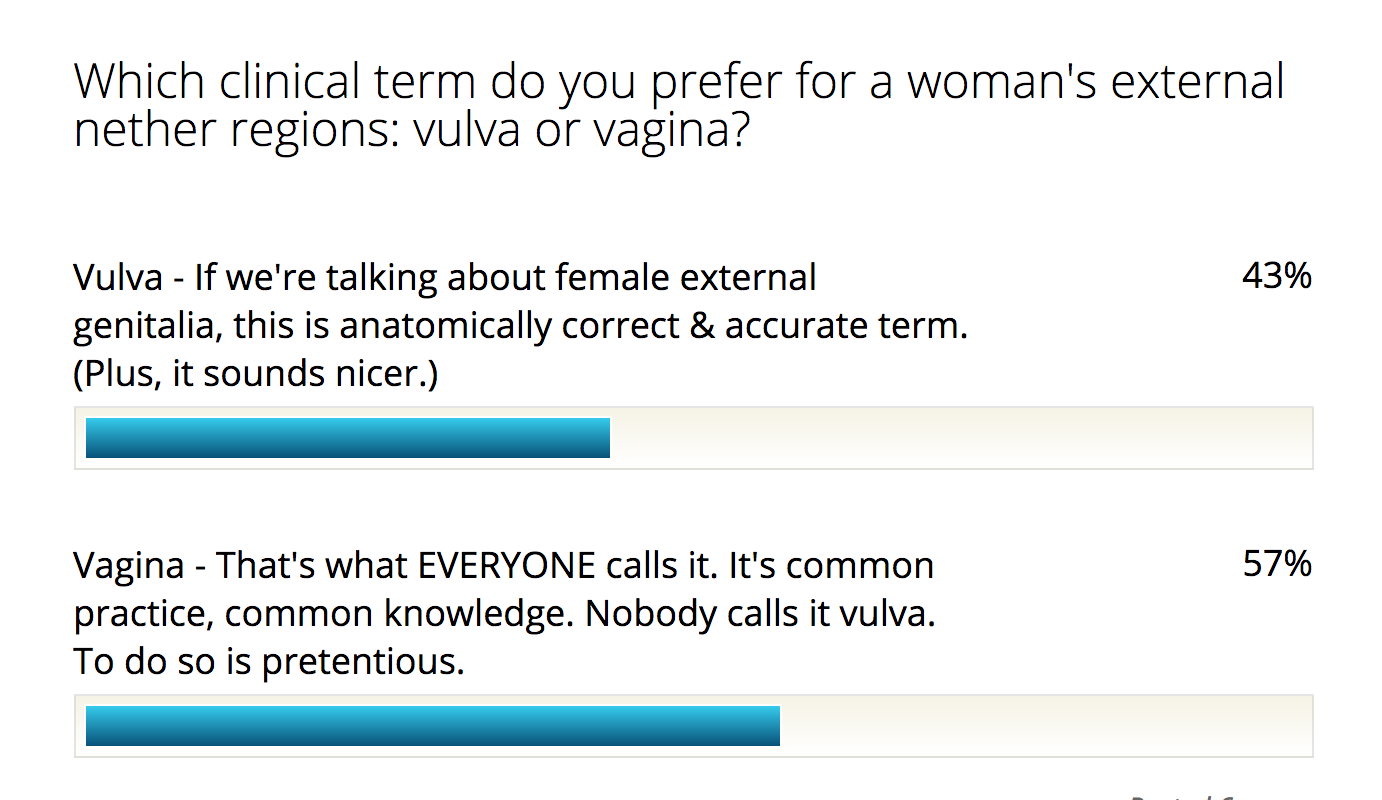
What happened? In trying to avoid leading the witnesses by making the vulva option too appealing (thereby revealing our preference), did I overcompensate and accidentally make the vagina option too convincing, relatively speaking? Did I inadvertently suggest to readers that if they voted for “vulva,” that meant they were automatically pretentious, thereby ensuring that a majority of hip, down-to-earth, unstuffy readers would choose “vagina”? Or did they just genuinely feel this way?
Those decidedly in the vagina camp usually share the views of those expressed in articles like “I Don’t Care About Your Stupid Vulva, It’s All Vagina to Me“: “All of our [lady] parts deserve attention, respect, and care—our vaginas, our vulvas, our clitorises, our labia….But that doesn’t mean it’s disrespectful to use a catch-all shortcut when I need to refer to all of those beautiful miracles at once.” The anti-vulvers usually argue:
- “Vagina” is funnier, more confrontational and more exciting than “vulva” — key for an entertainment writer who is not an anatomy textbook writer.
- “Vagina” has linguistically evolved to mean all lady parts.
- “WHOOOOO CAAAAAARES?”
Then they usually conclude by disrespecting all the gentle defenders of correct terminology with a bunch of so-mature name-calling.
[Deep breath.] Who cares? Really? Well, if the number of people who profess to want gender equality, bodily integrity, and sexual agency is any indication, then the answer is — or at least should be — a whole hell of a lot.
If the pro-vadges argued in favor of using a fun, funny, catch-all nickname for the general female genital area (both inside and out), I’d be all for it. In her book “How to Be a Woman,” British writer Caitlin Moran expounds on the tricky business of nicknaming one’s vagina. Moran — who, ironically but not surprisingly, conflates the two things, using “vagina” for both the birth canal and the external vulva — prefers the term “cunt.” Now there’s a word that’s truly confrontational! She writes:
If I tell you what I’ve got down there, old ladies and clerics might faint. I like how shocked people are when you say “cunt.” It’s like I have a nuclear bomb in my underpants or a mad tiger, or a gun.
Even though Moran hates on the word “vagina” and therefore inadvertently ends up kind of self-hating, she takes what’s often considered the grandmammy of female slurs, flipps it around, and uses it for her own personal and sexual empowerment! And because it’s slang — unlike the clinical, anatomically correct word “vagina” — “cunt” has the fluidity to encompass all lady parts, much like many other fun nicknames could too.
The average vagina-as-catchall defender may not be writing anatomy textbooks, but they can’t escape the fact that vagina is an anatomical term, with a specific definition — one that is not going to change any time soon. And it shouldn’t change: it is what it is. Nobody would consider trying to change the meaning of “penis” to encompass the testicles because 1) everybody is well educated (and unconflicted) about the anatomy of dudes, and 2) they mean two distinctly different things! When you visit your gynecologist, saying you have vuvlar pain does not mean you have deep, internal vaginal pain. And anatomical literacy can be helpful not only in terms of your health, but in terms of your sex life!
Words matter. They influence people’s — especially young people’s — ideas about the world, ideas that can shape the way people treat each other, ideas that can affect the way we think about our bodies, ourselves.
To further explain why getting it wrong matters, I turn to Joyce McFadden, psychologist, researcher and author of the book Your Daughter’s Bedroom: Insights for Raising Confident Women, who wrote the following in an article called “How Do We Influence the Women Our Daughters Become?“:
If our little girls are raised to believe that boys have a penis but girls have a “down there,” we need to understand these girls will likely grow into women who, even in the new millennium, confuse their vulvas with their vaginas. Along the way, they’ll be at risk of seeing their bodies as the property of boys because they haven’t been supported in developing a sense of ownership over their own bodies, and this will put them at risk of unintended pregnancy as well as make them more susceptible to not knowing how to advocate for their safety in potentially dangerous situations. And ultimately, they’re more likely to end up in long-term relationships or marriages in which they’re sexually unhappy.
McFadden interviewed hundreds of women for her project, and she was shocked to discover how so many adult women didn’t even know the word “vulva,” let alone what it meant. And in her studies, she found that this kind of ignorance led to feeling uncomfortable about female sexual issues, which meant their kids grew up feeling uncomfortable about them, too.
A professor of sexology (I can’t remember who) once said in an interview: “Imagine how the world would be different if people were told, starting from a very young age, that the female equivalent of the penis was the clitoris.” (And it’s true: anatomically speaking, the penis is just an overgrown clit.) Chances are, women would be more fully accepted as active, sexual creatures with their own physical desires, rather than widely thought of as passive objects of desire for hetero men.
As my daughter has grown up, I’ve taught her that she has a nose, not a honker. She has eyes, not peepers. When she goes to the bathroom, she wipes her vulva. The hole her poop comes out of is an anus. She knows that I get a period, that all grown women do, and that’s it’s natural and normal. Her younger brother knows, too.
When my daughter asked what that little nubbin of hers was when she was two or three, I told her: it’s a clitoris. I was horrified to learn that when Em’s daughter first asked her the same question, Em initially panicked and called it a “twinkle.” I’m happy to report that, after seeing McFadden speak in person, she’s come over to anatomically correct camp.
Our daughters may eventually be ashamed of us, but if we have anything to do with it, they will not be ashamed of their bodies — vulvas, vaginas and all!










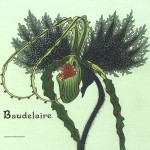
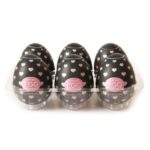
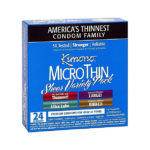

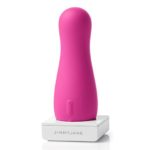


I would have to agree with Caitlin Moran in – what some might argue – is a controversial use of the ‘cunt’. It may not be anatomically correct but it’s taking back power for a word that is used as a derogatory term towards women – and most often by men in this capacity.
Also, stop saying you have stomach ache when you have womb ache as a result of having a period. It shouldn’t be embarrassing to have a womb.
Well done. The word vulva is a lovely word and it refers to a lovely part of us, all or partly encompassed within the outer labia. Inside we have the inner labia, urethra, the clitoris, its hood and a tube heading towards the cervix called the vagina. What is wrong with using these words?
My hubby and co-blogger has a penis, glans, foreskin and testes. They’re lovely, too.
Use the correct words from day one and sex eduction becomes easier and there’ll be no embarressment.
However, if you want to go to your doctor and say you have an itch in your ‘down there’ what do you think he is going to think of your communication skills.
It’s not brain surgery so GET IT RIGHT!
I’m sharing this post with Xenia’s comment added specifically. Absolutely spot on reply!
I have tried to explain to folks the difference and it usually leaves them with a look of “WTF”. This is why we need more sex education during the teen years so we don’t have grown women not knowing what they have “down there”
Let’s call a spade a spade. Vulva is vulva. Vagina is vagina. Use the dictionary if in doubt.
OMG. THANK YOU! I have been saying this FOREVER. I finally googled it to see if I was the only one that was driven crazy by the whole “vagina” thing. And that is how I found you and I am jumping for joy that I am not alone. Somebody the other day told me that they were riding a bike and it hurt their vagina. Really people?! The outside is NOT YOUR VAGINA!!! Thanks for spreading the word!
I think calling everything *vagina* is really the new *down there*. When you call your entire collection of awesome sensitive spots by just one name, all you can do when showing a new partner what to do with you is point at your *down there/vagina* and hope they know wether you meant your clit, your inner lips, that lovely area on your outer lips near your actual vagina… Also, we are sending the message to girls/younger woman that our outer genitalia – where the clit is for chrissakes – don’t matter much if it can be all usurped by the *vagina*, and that’s not exactly the road to pleasure is it? Know thyself – knowing your frontal lobe from your visual cortex will not matter to your orgasms, but being able the different parts of your *down there/vagina* really can.
It’s time homo sapiens get off their gluteus maximi and take up this charge. It takes small intestines to stand strong against the status quo, but hopefully we together we can bring the unlearned to their patellas and stop them from sounding like a total glans.
It makes my frontal cortex rotate to think of the work that needs to be done, but victory is within our visual perception! It’s like I always say: facta non verba.
I’m sort of on the fence about this. Maybe it’s because I’m a southerner but it doesn’t really bother me whether fellow southerners say “nuclear” or “nuculer… as long, of course, as they actually understand what they’re talking about.
Same with people who say “literally” when they mean figuratively. Again what matters is if they’re capable of distinguishing between the precise and emphatic or allusive meanings of words.
Even if I don’t make those vocabulary choices myself.
And so for the same reason, as long as an individual understands there’s a difference I’m not going to get too grumpy about what they call it.
Or!
Let’s put it another way — if they don’t understand the difference then their vocabulary may not be their comprehensive sex education’s most temerarious caesura.
figleaf
/standing ovation
Thank you, Em & Lo, for not spreading body ignorance, while simultaneously empowering women (& men, & other gender-identities) to embrace their true selves.
I was gonna say, “meh, ‘ass’ could be broken down into specific parts too, but who does THAT?”
But I guess you do! 😉